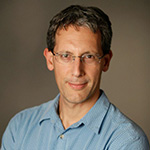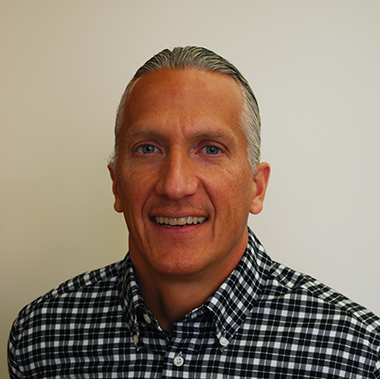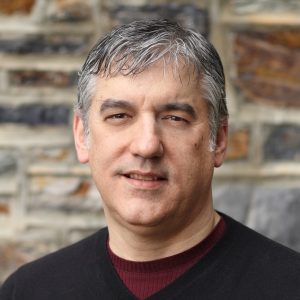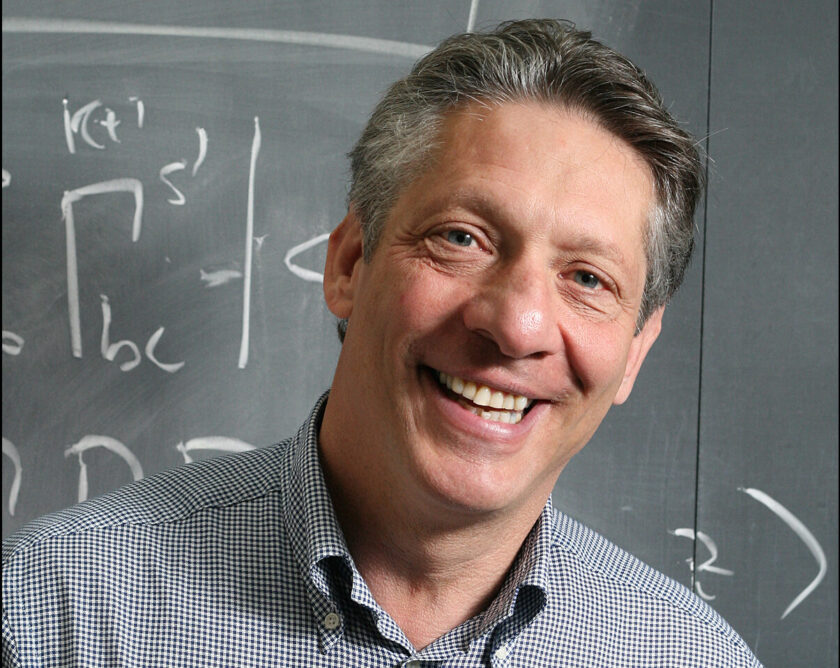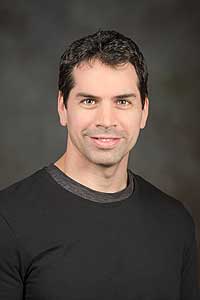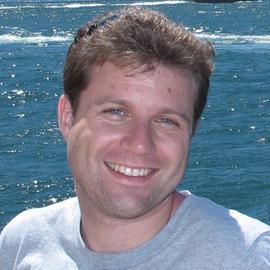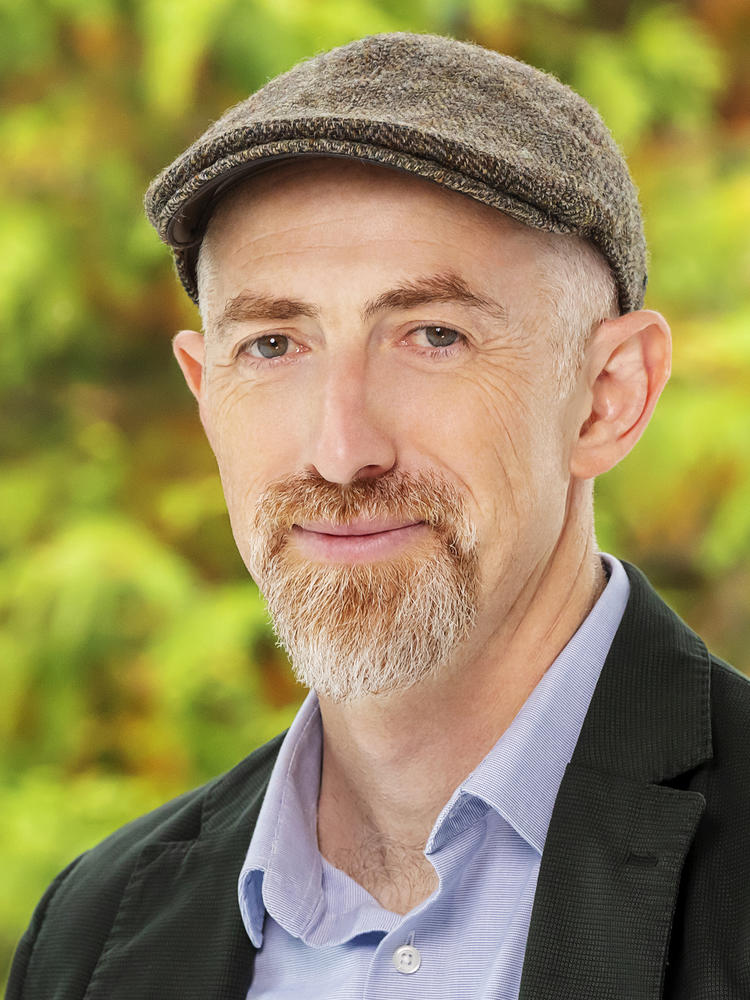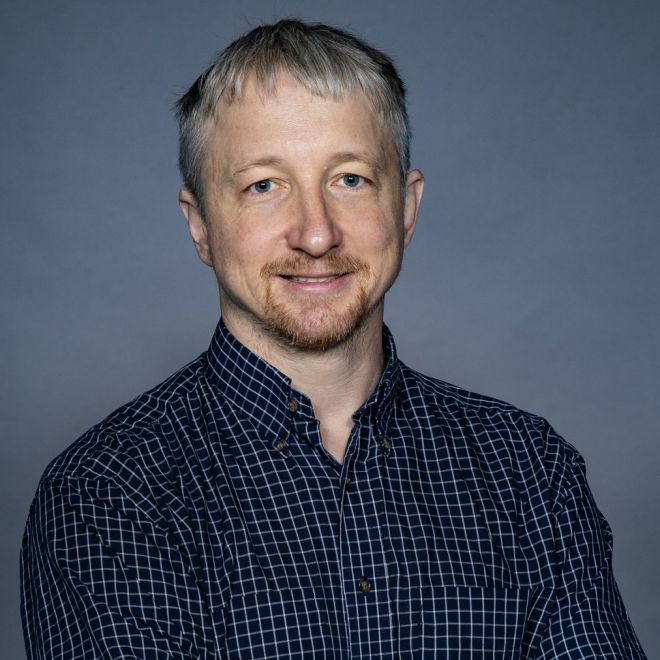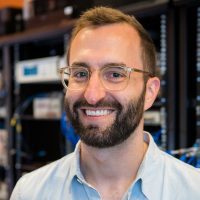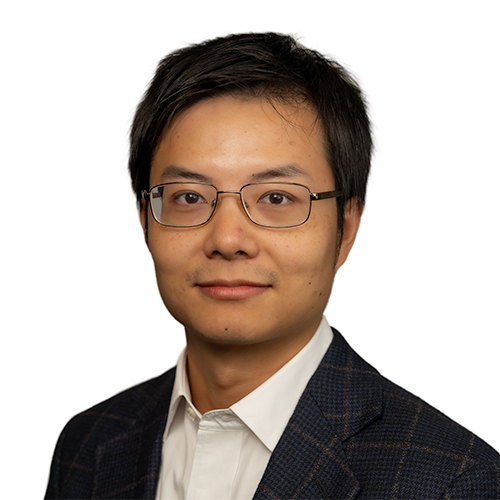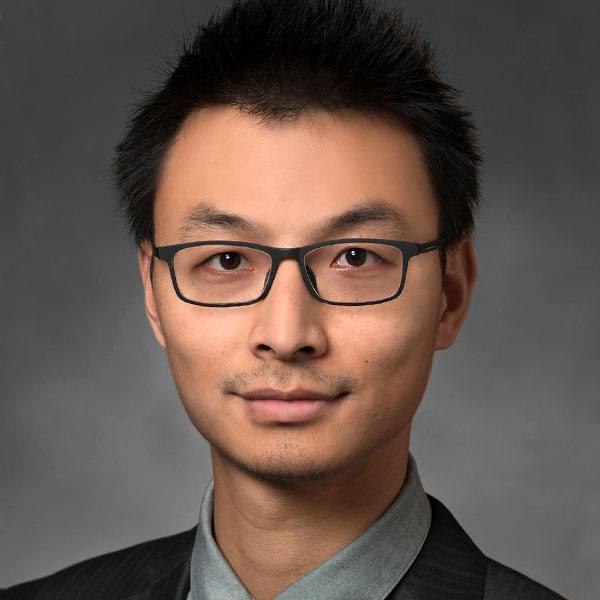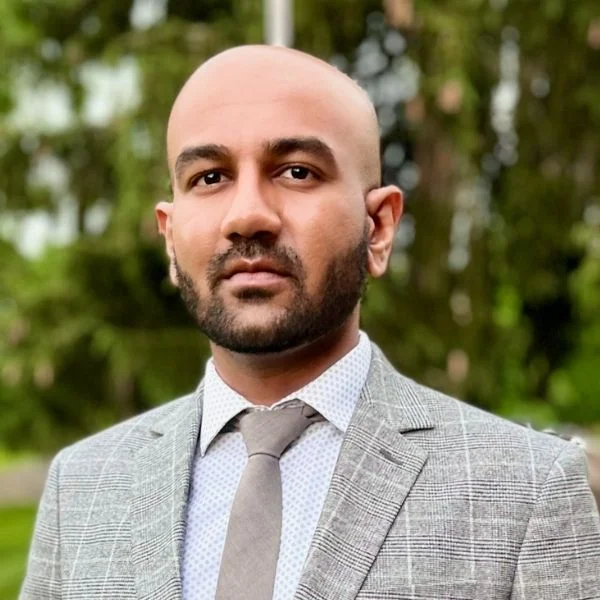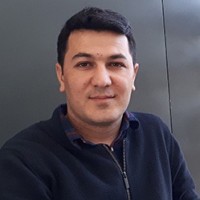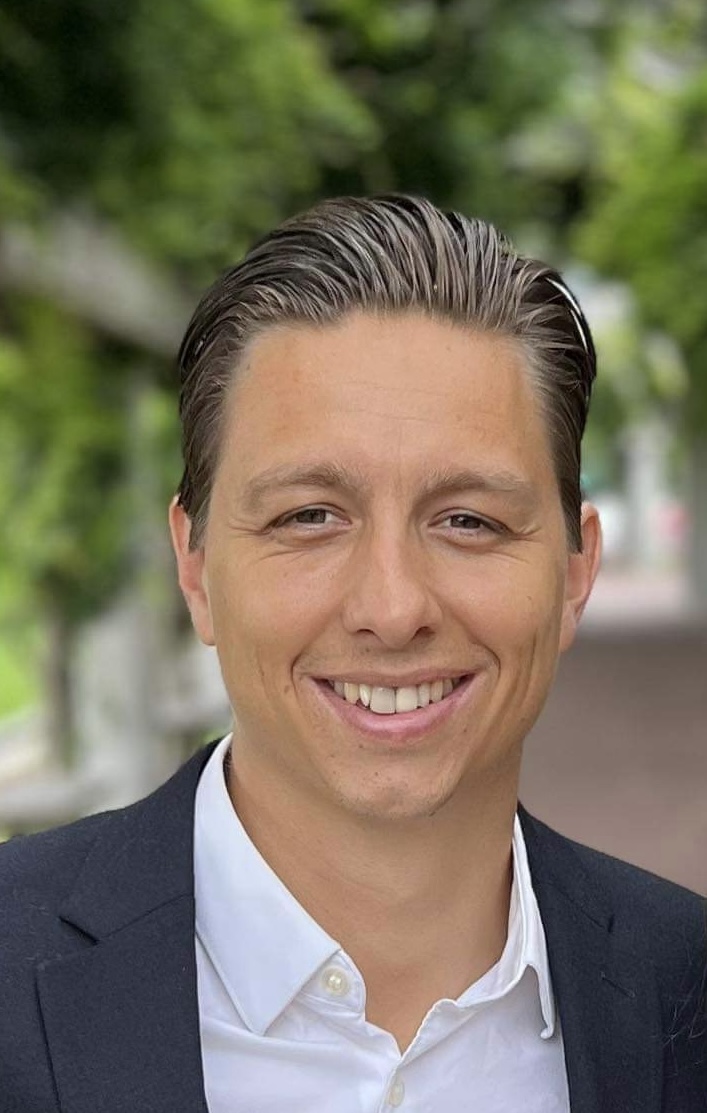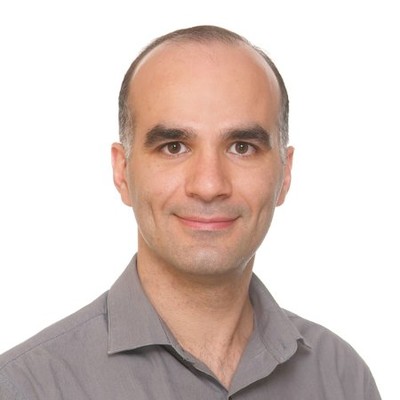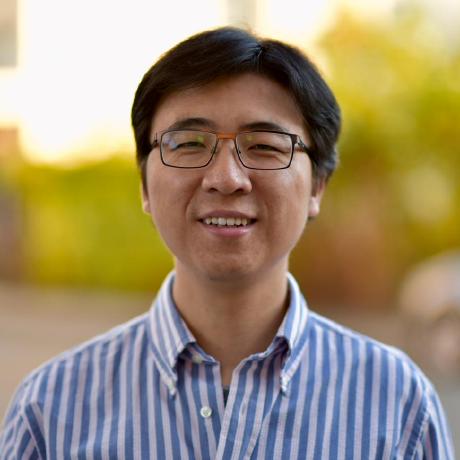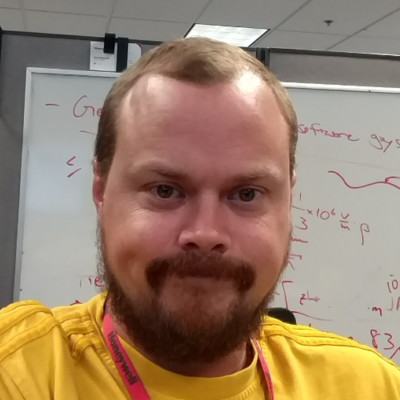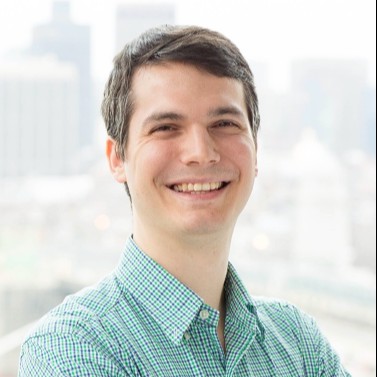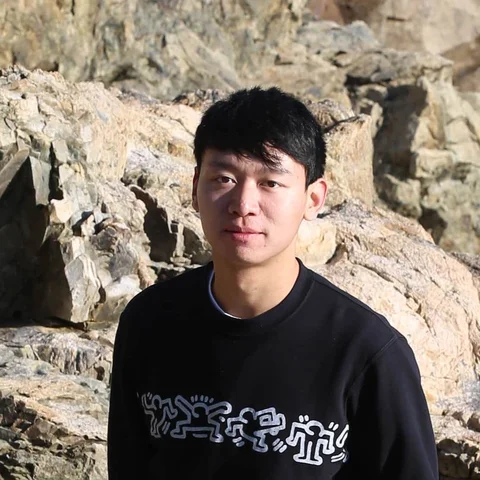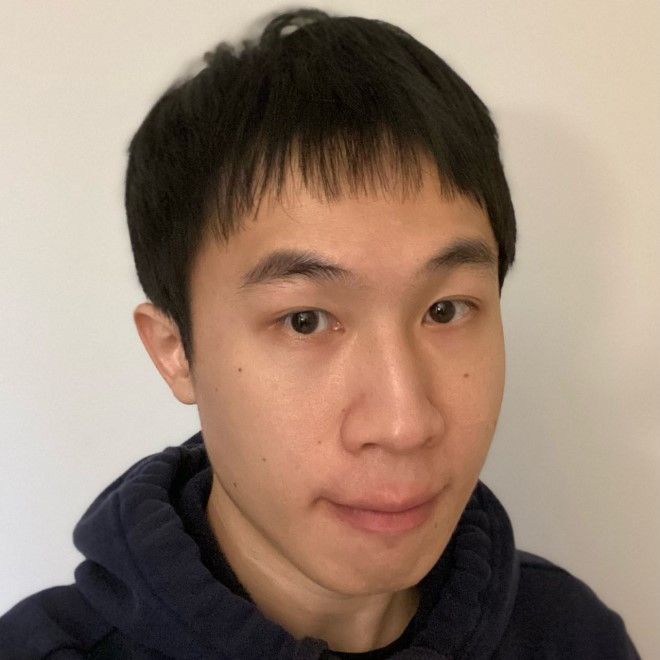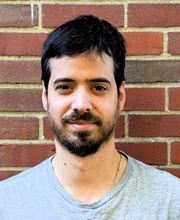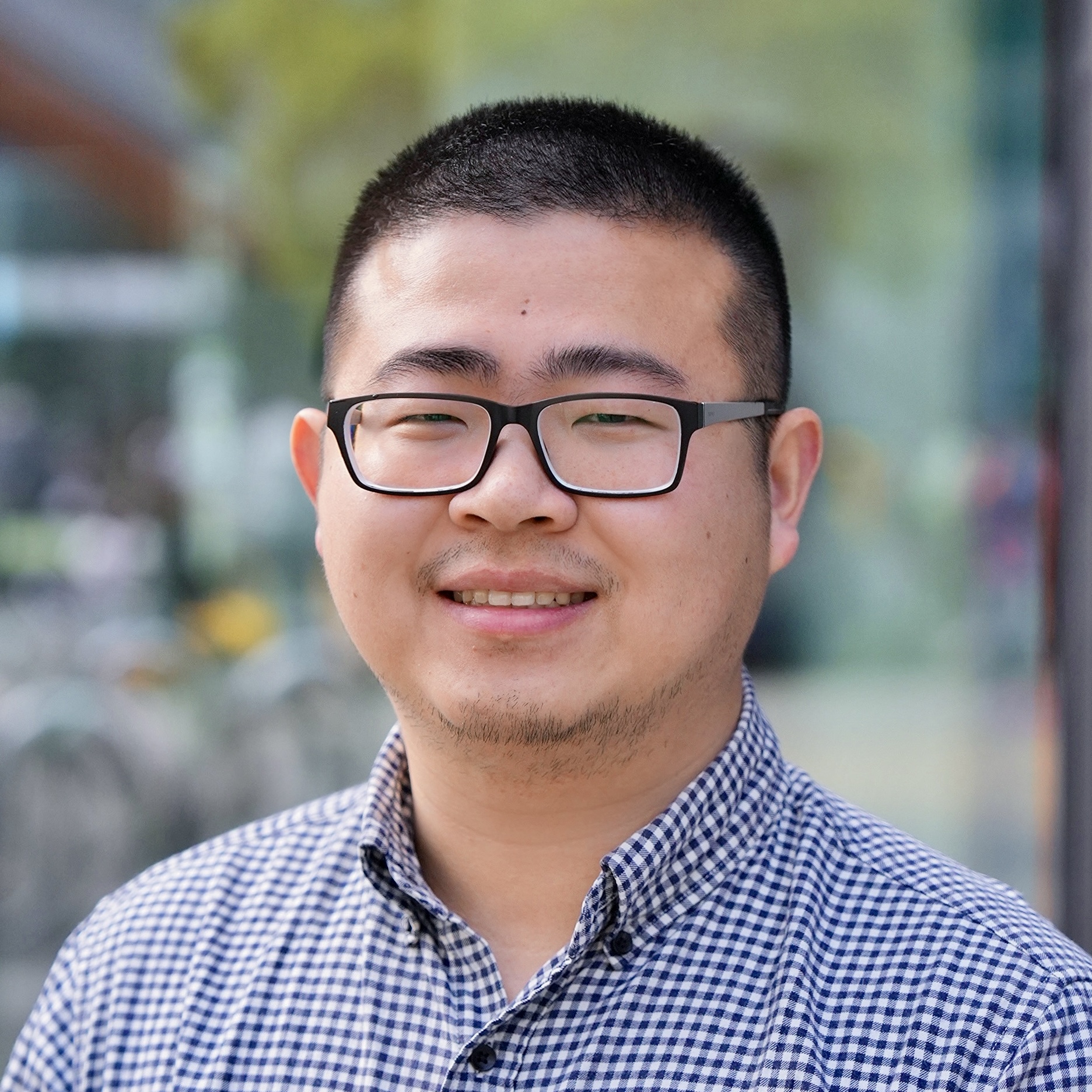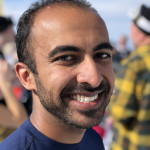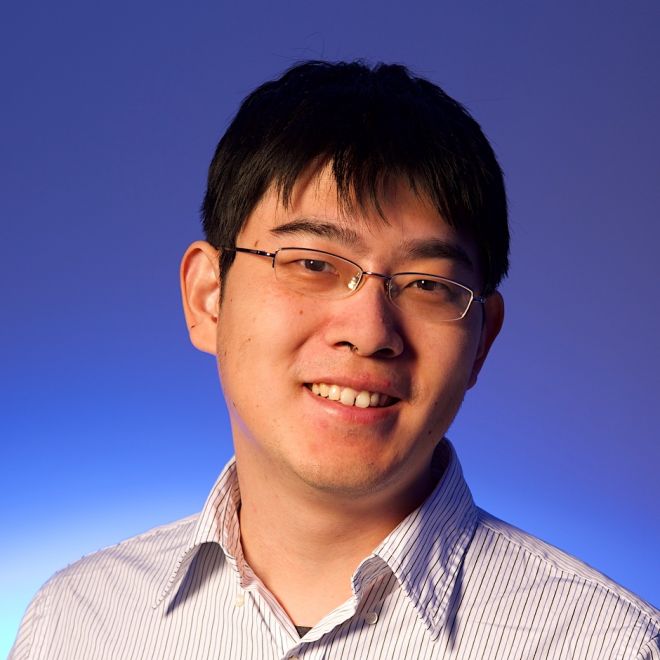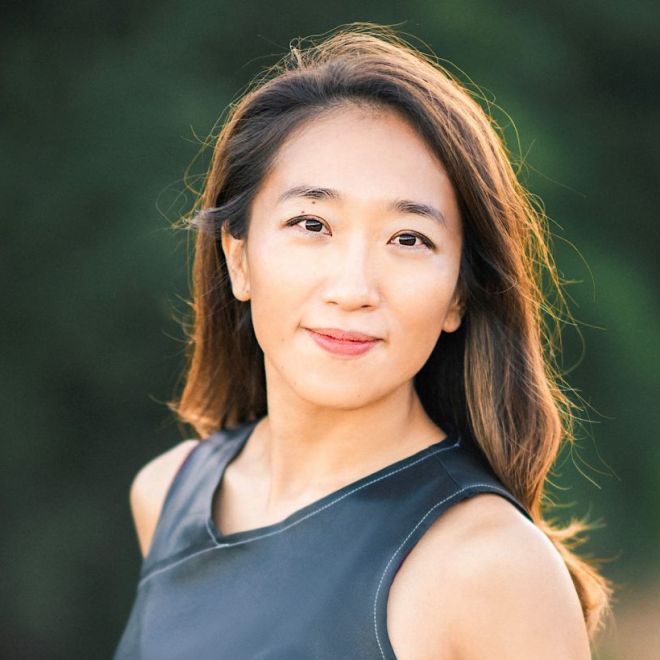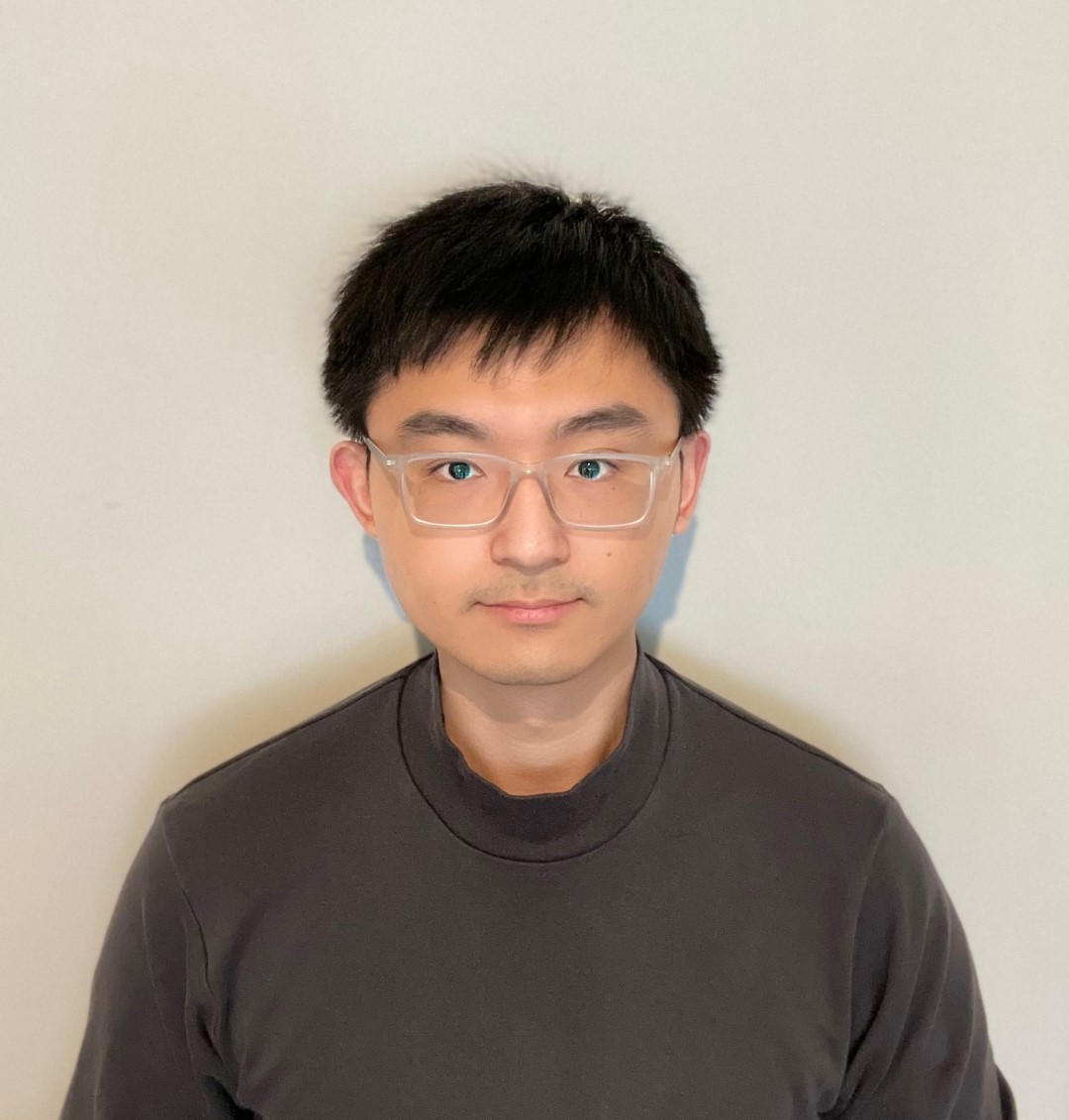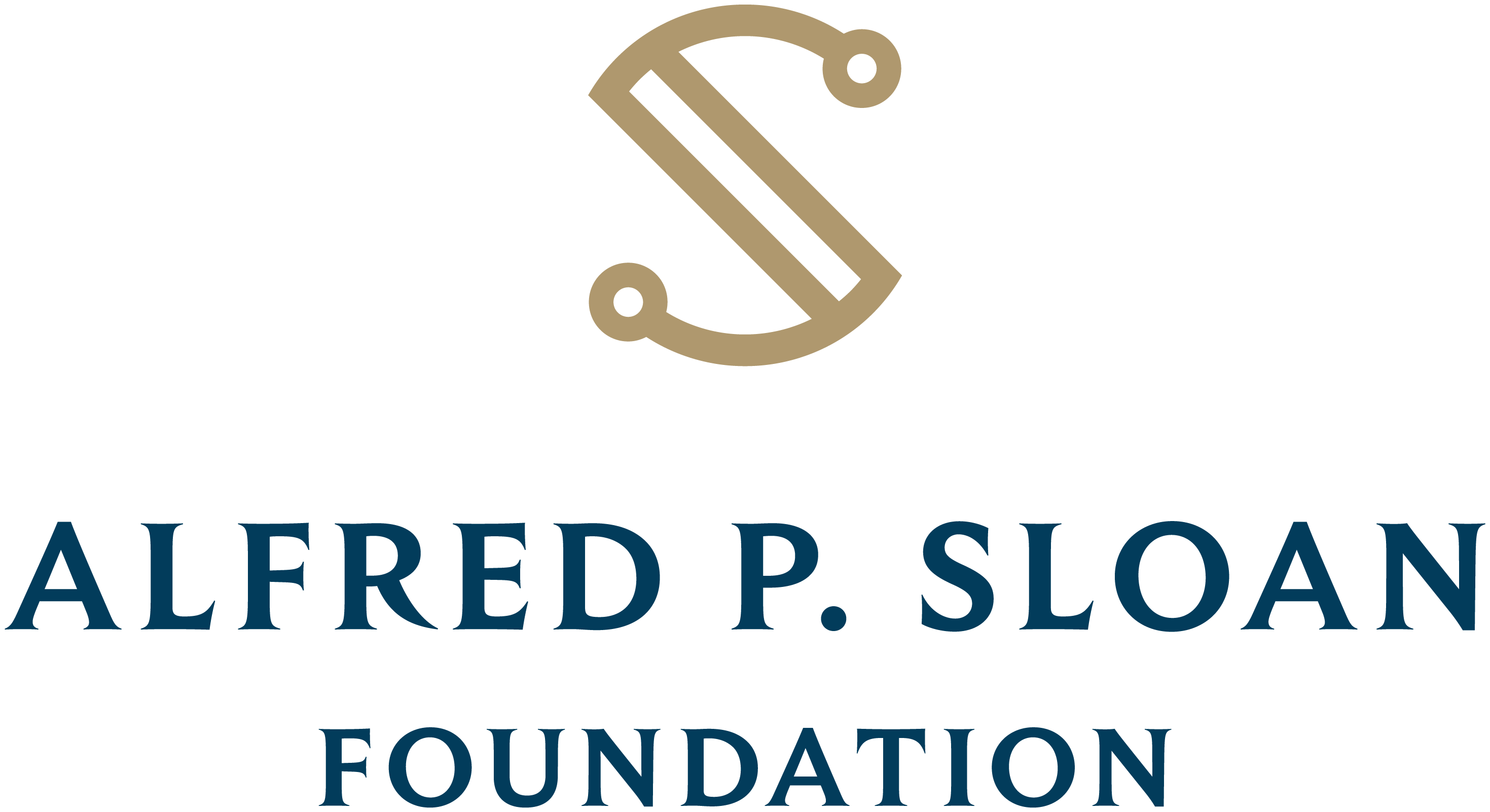Welcome to the 1st workshop on Advancing Quantum Computation Beyond Gate-Model (BGM2024)!
October 7 - 9, 2024 at the University of Maryland, College Park

Picture generated by Microsoft Designer
The recordings of workshop talks can be found on the YouTube QuICS Channel.
There have traditionally been two fundamental approaches to processing information. Analog computing involves processing data in a continuous form, typically utilizing smoothly varying physical quantities. This approach is characterized by relatively low implementation overheads and has proven effective in applications such as real-time signal processing, control systems, and simulations. However, analog computers are prone to noise and drift, which can limit their accuracy over time.
Conversely, digital computing relies on discrete values, usually in binary form, to represent and process data. This mathematically elegant abstraction facilitates the design of large-scale computers that are generally more precise and versatile, though at the expense of substantial computing resources. The modern digital era has been significantly influenced by Moore’s Law, which, however, may be reaching its limits. Current computing devices are increasingly consuming more energy than is sustainable. As we look to the future, we observe that highly intelligent and energy-efficient computing systems, such as the human brain, remain incompletely understood.
Inspired by the historical evolution of analog and digital computing, this workshop aims to foster discussions on potential pathways for implementing end-to-end real-world quantum applications. The focus will be on exploring alternatives to the purely gate-based computing model and leveraging the hardware-native programmability of near-term quantum devices.
We hope this workshop will encourage a systematic investigation into the optimal combinations of application domains, suitable computing paradigms, novel quantum algorithms, and desired quantum computing capabilities for practical applications. This is intended to be pursued well before the realization of fully fault-tolerant quantum computers.
To achieve this, we have invited speakers to present innovative approaches for controlling and operating quantum devices beyond the gate model, as well as to explore the synergy between analog and digital paradigms to inspire new quantum applications. We anticipate that this workshop will also stimulate dialogue among theoretical and experimental physicists, mathematicians, computer scientists, and domain experts within this highly interdisciplinary field.
We have reached the capacity and the registration is closed now.
A list of accepted posters is in the Poster Page.
Have any question about the workshop? Please contact the organizers.
Speakers
|
|
|
|
|
|
|
|
|
|
||
For more details of the talks, please refer to the Schedule Page.
Organizing Committee
Sponsors
For details of the spondor types, please refer to the Sponsor Page.
